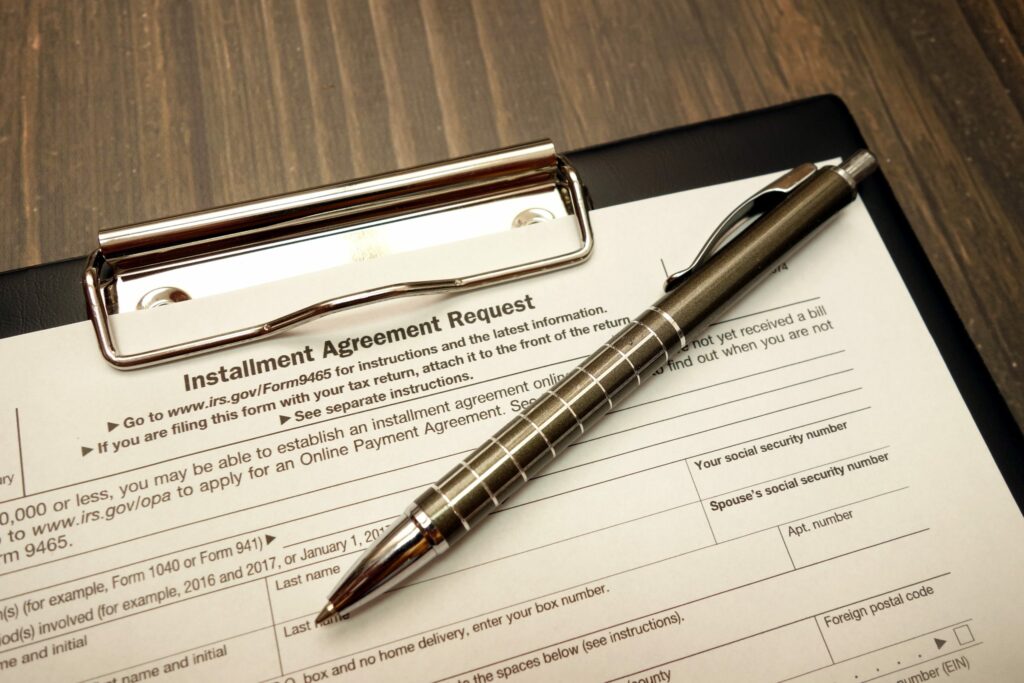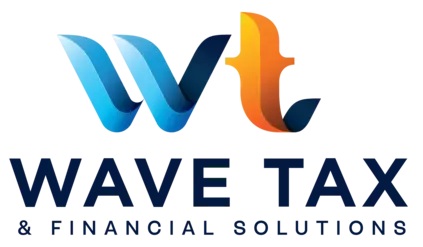The deadline for filing taxes in 2023 was April 15, 2024. While many Americans received refunds, the percentage of individuals who owe the Internal Revenue Services (IRS) has steadily increased over the years, rising from approximately 39% in 2021 to 43% in 2023, according to data from the consumer analytics platform Civic Science.
Failing to pay your taxes can result in the government garnishing your wages, placing a lien on your property, or even revoking your passport.
If you find yourself unable to pay your taxes, there are several alternatives: IRS-sponsored payment plans, personal loans, and tax relief companies.
IRS Installment Payment Plan
If you do not have immediate cash available, the IRS offers installment payment plans that can assist you. While it is impossible to avoid interest and penalties, you can prevent more severe consequences.
The IRS short-term payment plan allows taxpayers up to 180 days to settle their debt. This plan incurs a late payment penalty of 0.5% per month, and interest will accrue on the amount owed until the balance reaches 25% of the total due.
You may also qualify for a payment plan if you will not have the necessary funds within six months, although additional fees will apply. Similar to the short-term plan, a late payment penalty of 0.5% will be assessed.

If you enroll in the automatic monthly reimbursement service online, you will need to pay an opening fee of $31.
However, if you choose to sign up via phone, mail, or in person, the fee increases to $107. You also have the option to manage your own periodic payments, but the fee will be $130 for online registration or $235 if you register by phone, mail, or in person.
With a long-term payment plan, you can typically set your monthly payment amount, but you must select a figure that allows you to pay off your debt within 72 months.
Requesting an Offer in Compromise
You can also request an Offer in Compromise (OIC) from the IRS, which is a proposal to settle your tax debt for less than the total amount owed.
The agency evaluates your income, expenses, and ability to pay, among other factors, and approvals are rare; according to the latest IRS data, only one-third of the 36,000 OICs submitted in 2022 were accepted.
You may also like: Tax Filing Deadlines and Key Dates for 2024
Paying with a Credit Card
Using a credit card to pay your taxes can help you avoid penalties and interest from the IRS, but it may expose you to a higher estimated Annual Percentage Rate (APR) and increase your debt.
One option is to apply for a credit card with an introductory 0% APR offer. This approach is only advisable if you can pay off the balance before the introductory period ends; otherwise, you will face high-interest payments.
📌 Please note: When using a credit card for payment, the tax authority charges a service fee that varies based on the type of card and the payment amount.

Using a Personal Loan for Payment
If you have a less-than-stellar credit history, you might find it easier to get approved for a personal loan than for a credit card with a 0% APR.
However, before applying, it is advisable to compare the interest rates and fees with what you would incur through an IRS installment payment plan. Be sure to consider how long it will take to pay off your tax bill.
Home Equity Loan Option
If you own your home, you can leverage its equity to access cash through a Home Equity Line of Credit (HELOC). The interest rate on a HELOC is typically lower than that of a credit card or personal loan.
However, these loans usually start at $10,000, so consider a HELOC only if your tax bill is at least in the five-figure range.
Collaborate with a Tax Assistance Firm
While the Federal Trade Commission suggests dealing directly with the IRS, you may feel overwhelmed or confused by the process.
Tax relief companies work alongside the IRS or your state’s tax department to help reduce or eliminate your tax debt, set up installment payment plans, and halt levies and liens.
➡️ Remember, Wave Tax is here to assist you with your tax planning and preparation needs.
📍Contact us at info@wavetax.us

